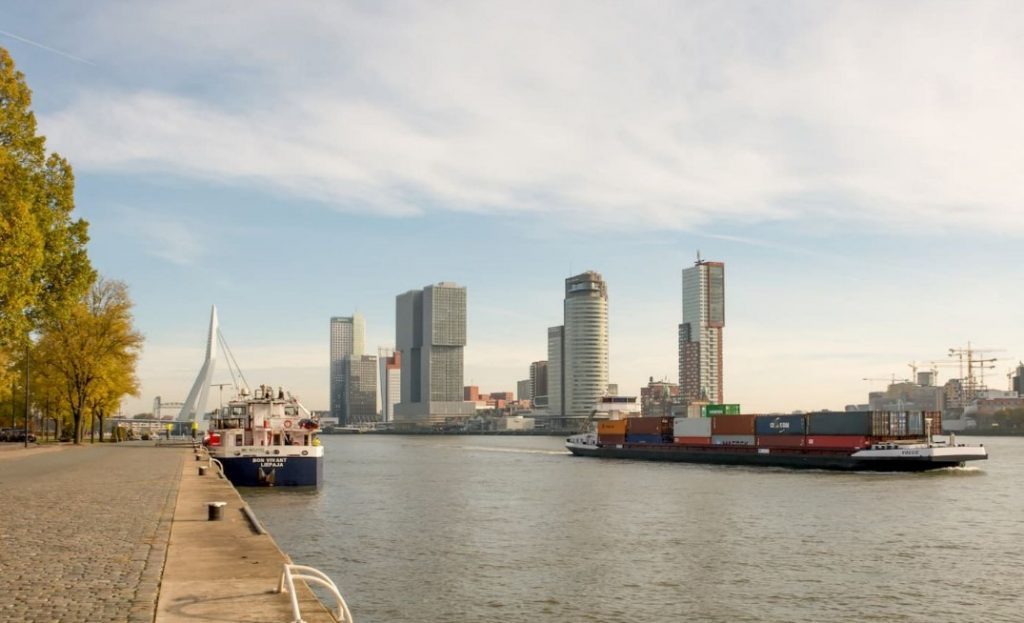
The owner and operator, as well as Senior Officers, of oil tanker Ocean Princess have been convicted and sentenced for various pollution, recordkeeping, and obstruction of justice crimes, according to the U.S. Department of Justice.
Namely, Ionian Shipping & Trading Corp, Lily Shipping Ltd, as well as Stamatios Alekidis, Athanasios Pittas and Rey Espulgar used fuel that exceeded the maximum allowable sulfur concentration in the U.S. Caribbean Emission Control Area and attempted to deceive U.S. Coast Guard inspectors about the source of the fuel being used aboard the vessel.
Namely, the tanker was engaged in transporting petroleum products throughout the Caribbean including from Limetree Terminals, St. Croix, U.S. Virgin Islands.
While vessels are operating within the U.S. Caribbean ECA, they must not use fuel that exceeds 0.10% sulfur by weight in order to help protect air quality.
Between January 3, 2017, and July 10, 2018, the tanker Ocean Princess entered into, and operated within, the U.S. Caribbean ECA using fuel that contained excessive sulfur on twenty-six separate occasions.
Between March 2, 2016, and February 6, 2018, nineteen separate fictitious Bunker Delivery Notes were created on and kept aboard the vessel.
USCG inspectors boarded the tanker on July 10, 2018, to conduct an inspection. During the inspection, the inspectors discovered that the vessel was using fuel with an excessive sulfur content.
The companies will each pay a fine of USD 1.5 million, be placed on four years of probation, and implement an Environmental Compliance Plan. The Master, Chief Officer and Chief Engineer were sentenced to three years of probation and ordered not to return to the United States on a ship during that time. The Chief Officer was also fined USD 3,000.

